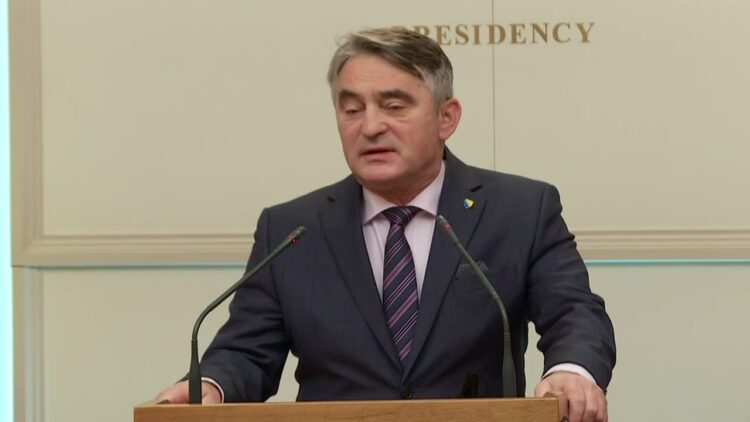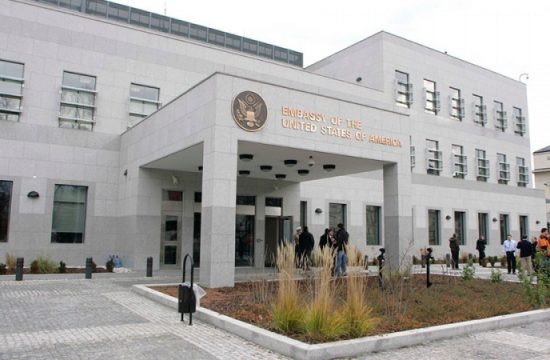
The Croat member of Bosnia’s tripartite Presidency, Zeljko Komsic, welcomed the communique issued by the heads of 30 NATO countries on Monday, arguing that in the part on Bosnia, it does not mention the concept of ‘legitimate representation’ of BiH’s three constituent peoples.
The heads of NATO states and governments met in Brussels on Monday to reaffirm “unity, solidarity and cohesion” in the alliance and to “open a new chapter in transatlantic relations, at a time when the security environment we face is increasingly complex.”
Bosnia was among the numerous topics covered in the communique issued after the meeting.
The NATO allies urged BiH political leaders to work for the benefit of all citizens and implement “political, electoral, rule of law, economic, and defence reforms, including through the country’s Reform Programme with NATO, without prejudice to a final decision on NATO membership.”
Before the final document was adopted, Croatian President, Zoran Milanovic, insisted on it mentioning Bosnia's three constituent peoples – Bosniaks, Croats and Serbs, or the 1995 Dayton Peace Agreement – the peace deal which ended the Bosnian 1992-95 war and set up the country's constitutional and institutional systems.
Komsic, however, argued that the concept of ‘constituent peoples’ is not in line with NATO standards.
After the communique was issued, Komsic welcomed that it confirmed the sovereignty of BiH and support for the Euro-Atlantic reform processes.
“The Declaration does not mention the constitutivity of the peoples, which Croatia strongly insisted on. It represents another delegitimization of that prevailing ethnic concept on the international scene because it shows that it is contrary to NATO and EU standards,” he said.
“As for the inclusion of the General Framework Agreement for Peace in BiH, support for that is expected, constant and nothing new. Some expected the inclusion of the so-called legitimate representation of the constituent peoples, but this did not happen because it would be contrary to the fundamental values of NATO,” he argued.
The Presidency member also said that the inclusion of electoral reform in Bosnia refers to the need for the country to implement decisions by the European Court of Human Rights, which he argued “explicitly reject consitutivity (of peoples).”








Kakvo je tvoje mišljenje o ovome?
Budi prvi koji će ostaviti komentar!